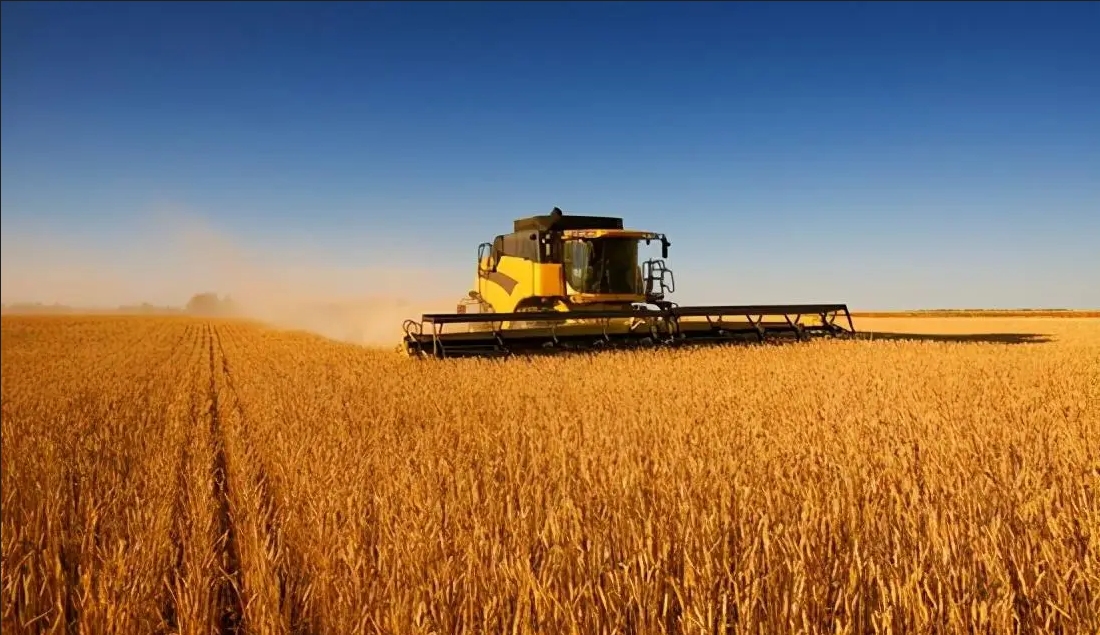
On October 12th, Caixin News Agency reported that Russia is expected to further strengthen its control over grain exports, which may also mean that the amount of Russian grain flowing into the international market will continue to decline.
The Russian Grain Exporters Alliance calls for the expulsion of foreign traders and intermediaries from Russia's export sales market. The organization believes that it is economically unfeasible for foreign traders and various intermediaries to supply Russian grains to international customers, as these traders are "dumping" to harm the market.
The organization also claimed that its idea has received support from the Russian Ministry of Agriculture, but the Russian Ministry of Agriculture has not yet commented on this.
Russia is the world's largest exporter of wheat, and any reduction or interruption in its exports will increase the cost for African and Asian buyers to purchase wheat. In addition, since grain is not subject to direct sanctions, wheat is also the main source of export income and political influence of Russia during the Russia-Ukraine conflict.
Strengthen control
After the Russia-Ukraine conflict, the major western commodity traders have withdrawn from the Russian market in the open, but these traders can actually purchase Russian grains indirectly through other companies.
The Russian Grain Exporters Alliance now hopes to further stifle the entry opportunities of Western traders. During this week's Moscow Autumn Fair, the alliance stated that exporters have agreed not to provide Russian grain to foreign bidders.
At the same time as this transformation, the Russian grain market is increasingly showing a trend of oligopolistic competition, with the market controlled by a smaller number of giants and the degree of government intervention greatly increasing.
In addition, Russia's wheat production this year has also decreased compared to last year. Due to the impact of frost and drought, Russia's harvest has been continuously reduced this year. Independent consulting firm Sovecon predicted on Friday that Russia's grain production this year will be 122.9 million tons, lower than the previous forecast of 124.4 million tons.
The Grain Export Alliance has stated that Russia's grain export potential for 2024/25 is expected to be 55-57 million tons. Two sources revealed after a closed door meeting hosted by the Russian Ministry of Agriculture on Friday that exporters are also required to sell wheat to international buyers at a price not lower than the minimum price.
This also means that Russia will set a minimum offshore price of $250 per ton for its wheat. The Russian Ministry of Agriculture reportedly will provide one week for exporters to implement relevant recommendations.
These actions may tighten the scale of Russia's grain supply to overseas markets, thereby driving up international market prices.


 Back
Back